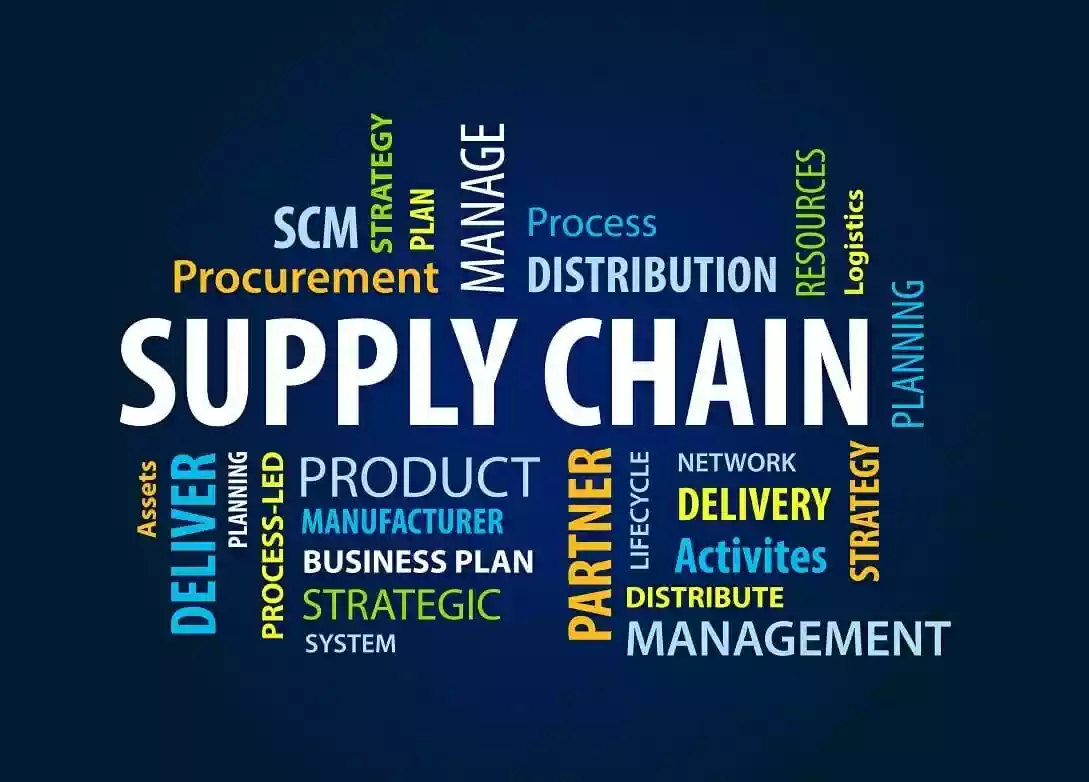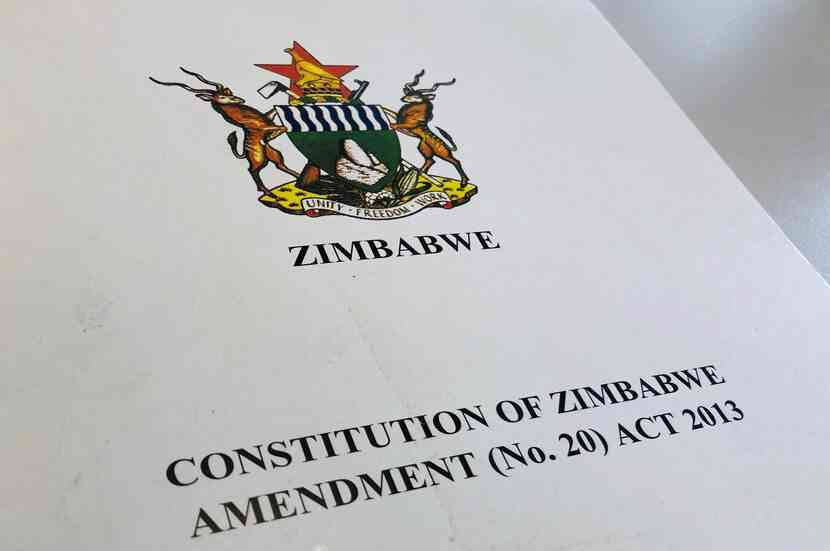
When supply chain professionals are buying goods or equipment, the general principle “caveat emptor” applies. This translate as “let the buyer beware” and this places an onus on procurement professionals to conduct the necessary due diligence in order to understand what is being purchased in minute detail before signing the contract.
As a result, when buying products or equipment, procurement professionals must request for extra assurances from suppliers to mitigate against the risk of undisclosed product details.
They are required to pull all the stops to ensure their valuable purchases are protected since all good things are everyone’s birth right. In such circumstances, the procurement professionals are required to insist on product warranties. A warranty is a formal assurance given by suppliers to procurement personnel guaranteeing that products supplied will meet certain agreed standards or conditions of performance and durability.
Warranties are stipulated to also provide procurement professionals with assurances beyond the quality of the product itself. They can also provide warranty in relation to the components of the products.
The product or equipment sold may be of satisfactory quality but factors such as the quality of materials used may have a serious effect on their lifespan. Warranties will definitely change the lens through which procurement professionals see the value of products.
The manufacturer will be required to provide certain guarantees regarding quality, functionality or reliability of the delivered products. It serves as a promise that the product will perform as advertised and provides recourse if it fails to do so. It must always be remembered that supply chain professionals don’t buy products, they buy benefits.
Put in another way, the product is purchased not for itself but for the promise of what it will deliver. Remember, it’s not just about the product — it’s about the promise behind it. Warranties will demonstrate that suppliers are always prepared to remain standing behind their products, and that they are always willing to take responsibility if something goes wrong.
Warranties provide reassurances to customers, instilling confidence in the quality and reliability of the products they purchase. They offer protection against potential defects or malfunctions, ensuring customers get value for money from their capital purchases.
- Emotional intelligence imperative in supply chain management (II)
- Cost to serve analysis: The holy grail of profitability (I)
- Cost to serve analysis: The holy grail of profitability (11)
- Increased focus on supplier diversity is the way to go
Keep Reading
The manufacturer will be required to pay contractual damages to the buying organisation to put them in the position they would have been in, had the warranty been as stated in the contract. Product warranties will therefore be important to build confidence in commercial transactions while providing reasonable protection when issues arise.
They state factual promises about what is being delivered, and they create legal liability if the warranty statements prove untrue. Warranty certificates will serve as a guarantee for procurement professionals that the purchased product meets agreed specifications and that any defects will be rectified within a defined period.
At their core, warranties will also seek to allocate risks and responsibilities between trading parties in the event that the product or service does not perform as expected.
They will outline terms under which repairs, refunds or exchanges will be made if a product fails to perform as intended. If proven that defective or poor-quality materials were used in manufacturing the product, the customer will be entitled to a remedy. Think of warranties as business promises. Think of them as insurance. They provide procurement personnel with a safety net.
They provide clarity on potential liabilities. A warranty will seek to provide remedies such as free repairs or product replacement in a situation where the product or equipment in question fails to meet specified requirements within a specified period, post-purchase.
Supply chain professionals must also be aware that supply contracts may contain warranty exclusions.
Suppliers may decline to honour warranties where defects arise due to the customers’ failure to follow a manufacturer’s instructions.
For warranties to remain valid and enforceable, user departments shall be required to follow warranty instructions as stipulated in a contract, otherwise it will be declared void.
Supply chain professionals must also take note that where there is need for modifications, it is important to ensure modifications are properly installed. Warranties may not be honoured due to modifications being done in an improper manner.
Manufacturers reserve the right to void a warranty if they find that modifications caused property damage or dysfunctionality. It must also be remembered that claiming warranties may involve spending money. Supply chain professionals may be responsible for shipping costs and or diagnostic fees, depending on terms and conditions of a particular warranty certificate.
A well-defined warranty establishes clear expectations, reducing the likelihood of misunderstanding and costly disputes. It is advisable to read the exact details to understand exactly what is covered and what is not.
Terms and conditions stipulated in those warranty certificates provide an outline of what happens when things go wrong, establishing clear remedies and creating a framework for resolution that can preserve business relationships even in challenging circumstances.
Procurement personnel must discuss the duration, scope of coverage and applicable remedies with the supplier with a view to tailor the warranty to the specific needs of the organisation. Sometimes the burden of proof lies with procurement professionals or user departments. It may be necessary to provide evidence to support your warranty claims.
A warranty is only as good as the company behind it. Supply chain professionals must ensure that before committing to a purchase, they must do their homework. It may be important to look at supplier reviews, rating and information about the supplier’s track record in honouring warranty claims. Understanding these nuances ensures warranties are both enforceable and practical within their respective fields.
Where suppliers are not keen to provide warranties, procurement professionals will be required to apply their minds and have a closer look to see what is being hidden. It must be regarded as a red flag. Organisations must be wary of unscrupulous suppliers who do not offer clear cut warranties, leaving organisations in the lurch. Procurement should be hard-wired to be risk-averse.
And for good reason. At a time when the complexity of supply chain problems we face often exceeds the complexity of thinking necessary to solve them, being risk-averse in every purchase decision may be the way to go. Supply chain professionals who are tethered to risk reduction thought processes will give more attention to warranty-related clauses in a supply contract.
Procurement professionals must remember that while vendor warranties are a vital tool for protecting organisations, they are not substitutes for thorough due diligence and expert legal advice.
A warranty is express or implied or both. An express warranty is one in which the suppliers explicitly guarantee the quality of the goods.
The supplier will be required to provide a commitment statement, or other binding documents as part of the contract. Implied warranties are not explicitly stated but are automatically assumed by law. Implied warranties are unspoken, unwritten guarantees that a product will meet basic quality and performance standards.
They are not explicitly stated, but they are inferred from the reasonable expectations of the customer. They can be influenced by industry standards, market trends, and consumer protection laws. It represents a voluntary assurance by the manufacturer that goes beyond the statutory warranty.
Statutory warranties are the minimum standards of quality and service that organisations are required to provide to customers by law. Statutory warranties are imposed by law and cannot be disclaimed or excluded.
It must therefore be noted that in some jurisdictions, courts have established implied or statutory warranties in which a certain minimum criterion of performance is imposed as a matter of law, even if parties to a transaction did not agree upon a warranty. They vary depending on the country or region where products are sold, but they usually cover aspects such as product safety, durability, fitness for purpose and conformity with description.
Extended warranties offer procurement professionals the chance to pay for increased protection when buying products, over and above the standard manufacturer’s guarantee. An extended warranty is a type of warranty that covers the repair and maintenance of a product beyond the manufacturer’s warranty. Procurement professionals find extended warranties available on products of substantive value, such as cars, electronics and appliances.
If customers get to know that their procurement is safeguarded for an extended period of time, they will feel reassured and they are likely to commit to purchase high-value items. Extended warranties are reassuring, especially for high valued items where the perceived risk is higher, and the reassurance of the warranty must also be higher.
- Nyika is a supply chain practitioner based in Harare. — [email protected]











